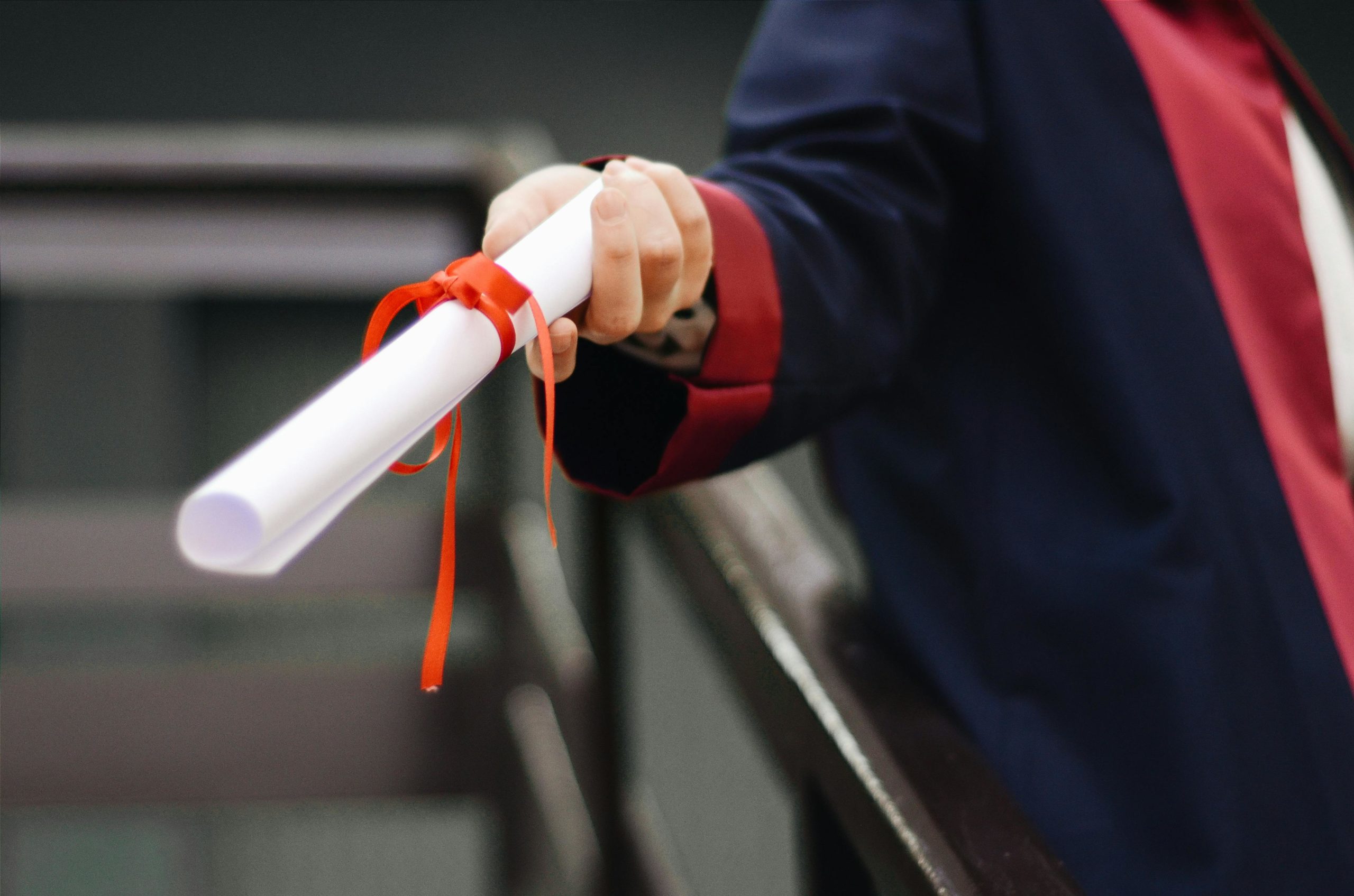Attaining a Certified Public Accountant (CPA) license can do wonders for your accounting career. Your earning potential will be considerably higher, and your opportunities for advancement are more will be more promising. While much of the focus on getting a CPA license revolves around the college education needed or preparing for the four-part Uniform CPA Examination, there is another important requirement you must meet in every state of the U.S.: work experience.
CPA License Requirements
Despite differences between states, the requirements to attain your CPA license can generally be split into three categories: education, exam and experience. Most CPA candidates need to earn a bachelor’s degree, though some states allow highly experienced accountants with no formal college education to pursue a license. In addition to a bachelor’s degree, which typically requires 120 semester hours of study, students must complete 30 extra semester hours of college.
The CPA Exam is a four-part test used in every state and jurisdiction in the U.S. Through multiple-choice questions, simulations and written communication tasks, the 16-hour exam assesses students’ knowledge of and proficiency in the subjects of Auditing and Attestation, Business Environment and Concepts, Financial Accounting and Reporting and Regulation. Attaining a passing score of 75 or higher on the CPA Exam is difficult, with only about half of test takers succeeding.
Though the CPA Exam is scored on a scale of zero to 99, scores are not based on percentages of correct answers. Instead, test takers earn a scaled score in which questions are weighted so that they get more credit for correctly answering harder questions.
State Requirements for Public Accounting Experience
In “most states,” aspiring CPAs need at least two years of professional work experience, the Association of International Certified Professional Accountants (AICPA) reported. However, there is some variance from state to state. For example, Louisiana requires just one year of full-time work experience, or 2,000 hours if you work part-time. Pennsylvania, too, requires only one year of work experience, and any work in the fields of accounting, attest, financial advisory, management advisory, consulting, compilation or tax can qualify you for the CPA license. New Jersey requires one year of “intensive and diversified experience.” NJ accountants who work in the tax department of an accounting firm must prove that they have spent at least 25 percent of their year of work experience performing qualifying Auditing and Accounting activities rather than Tax Services.
Another factor to keep in mind is the timing of your experience. States may specify how recent your accounting work experience must be. In Louisiana, you must have obtained that experience within the last four years. Pennsylvania accepts any work experience in the past five years.
The type of experience you have also plays a role in your eligibility for a CPA license. Experience in the field of public accounting is the most relevant, and as such, the most valuable. Many states will accept accounting work experience in other areas and for other types of employers beyond a public accounting firm. For example, CPAs in New York can qualify with experience working in private industry, the government or an educational institution as well as in a public accounting firm. Some states require candidates with work experience in other areas of accounting to have a greater number of years of experience.
One of the most important factors in your work experience qualifying for the CPA license is your supervision throughout this work. Often, your experience only counts if you worked under the guidance of a licensed CPA.
Two-Tier System of Licensure
One question CPA candidates may have as they look at the experience requirement and other requirements is when to start the process of taking the CPA exam. If you need a bachelor’s degree, an extra year of study plus work experience, in what order should you pursue these qualifications?
The question is made even more confusing when you consider that experts recommend taking the CPA exam as soon as possible after graduating from a master’s degree program in accounting or otherwise finishing school. The reason for this recommendation is to make sure the material you have learned in college stays fresh in your head so that it can help you perform better on the test.
If you plan to become a CPA, it’s important to find out whether your state has a one-tier or a two-tier system to become a CPA and what specific processes it has in place. In a one-tier system, you must have the work experience, the educational requirements and a passing score on the CPA Exam to get both a certificate and a license. Two-tier states may award a certificate upon passing the exam but require aspiring CPAs to fulfill the work experience requirement before they can attain full licensure. Other licensure regulations may impact how the professional experience requirement works in your state, as well. For example, Massachusetts isn’t a two-tier state, but the state does allow CPA candidates to sit for the exam with just 120 credits and award limited “non-reporting” licenses to those without work experience. To obtain a full license in the state, candidates who have passed the exam need to finish the remaining 30 credits of their education and acquire qualifying work experience.
Some states may also allow candidates to substitute substantial work experience in place of a formal degree, if they did not go to college. In New York, you need 15 years of experience to become a CPA without having a college degree.
Additional Resources
How Difficult Is the CPA Exam?
How Do I Prepare for the CPA Exam?
What Are the Benefits of Becoming a CPA?
How Long Do You Have to Go to School to Become a CPA?
How Advanced Does My Degree in Accounting Need to Be to Become a CPA?
What Is the Salary Potential for a Certified Public Accountant (CPA)?
What Should You Know When You Interview for a Job as a CPA?

